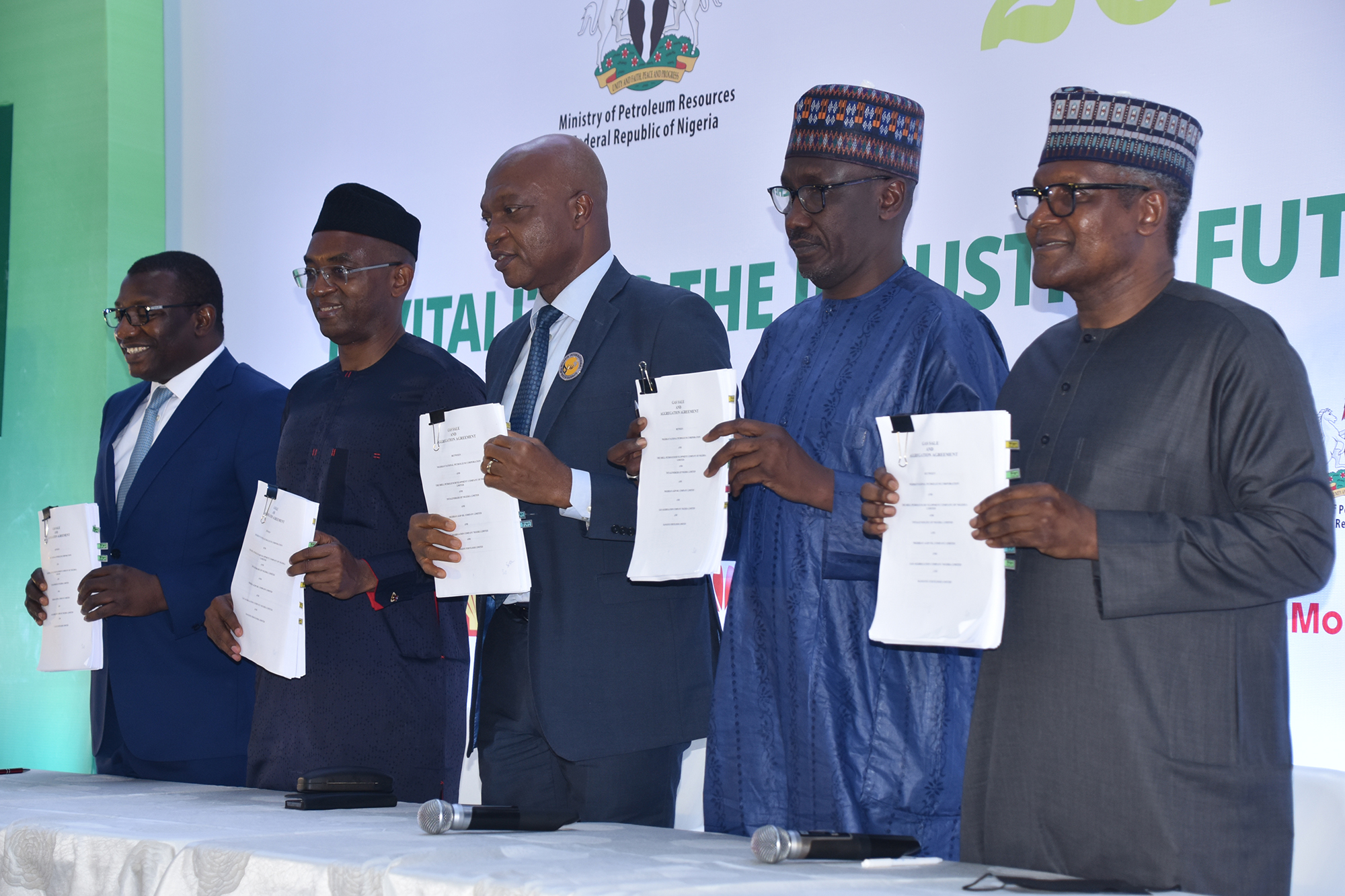Business
House Probes Petrol Subsidy Regime From 2017 To 2021

The House of Representatives has resolved to investigate the petroleum products subsidy regime in Nigeria from 2017 to 2021, and has set up an ad hoc committee to carry out the probe.
The decision of the parliament followed the adoption of a motion, titled “Need to Investigate the Petroleum Products Subsidy Regime in Nigeria from 2017 to 2021”, presented by Sergius Ose Ogun, representing Uromi/Esan North East Federal Constituency of Edo State at plenary.
Moving the motion, Ogun noted that Section 32 of the Petroleum Industry Act, 2021 saddled the Petroleum Midstream and Downstream Regulatory Authority with the task of regulating and monitoring technical and commercial midstream and downstream petroleum operations in Nigeria.
He said: “As of 2002, the NNPC’s purchase of crude oil at international market prices stood at 445,000 barrels per day in order to enable it to provide petroleum products for local consumption.
“Due to the decline in the production capacity of the refineries, NNPC found it more convenient to export domestic crude in exchange for petroleum products on trade by barter basis described as Direct Sales Direct Purchase, DSDP, arrangement.
“The consumption rate of Petroleum Motor Spirit, PMS, is 40million to 45million litres per day, however, the NNPC uses 65 million to 100 million litres per day to determine subsidy as discoverable from NNPC’s monthly reports to the Federal Allocation Committee, FAAC.
“Component costs in the petroleum products subsidy value chain claimed by the NNPC Limited is highly over-bloated while the transfer pump price per litre used by the NNPC Limited in relation to PPMC is under-quoted as N123-N128 instead of N162-N165 and this fraudulent under-reporting of N37-N39 per litre translates into over N70 billion a month or N840 billion naira a year.
“The subsidy regime has been unscrupulously used by the NNPC and other critical stakeholders to subvert the nation’s crude oil revenue to the tune of over S10 billion, with records showing that as at 2021, over $7 billion in over 120 million barrels have been so diverted.
“Disturbed that there exists evidence that subsidy amounts are being duplicated, thus subsidy is charged against petroleum products sales in the books of NNPC as well as against crude oil revenue in the books of NAPIMS to the tune of over N2 trillion action.”
Speaking on the motion earlier, a member of the House, Obinna Chidioka, noted that the prayer of the motion was akin to the committee currently probing the assets and liabilities of NNPC, asking the House to either commit the motion to the committee or step it down.
But his remark was countered by other lawmakers who noted a difference between the two assignments.
Adopting the motion, the speaker, Femi Gbajabiamila, gave the ad hoc committee eight weeks within which to execute the assignment and report back to the House for further legislative action.
Business
Tinubu’s RHI Doles Out N50m To 1,000 Kwara Petty Traders

Business
UBA To Educate SMEs, Business Owners On Withholding Tax


